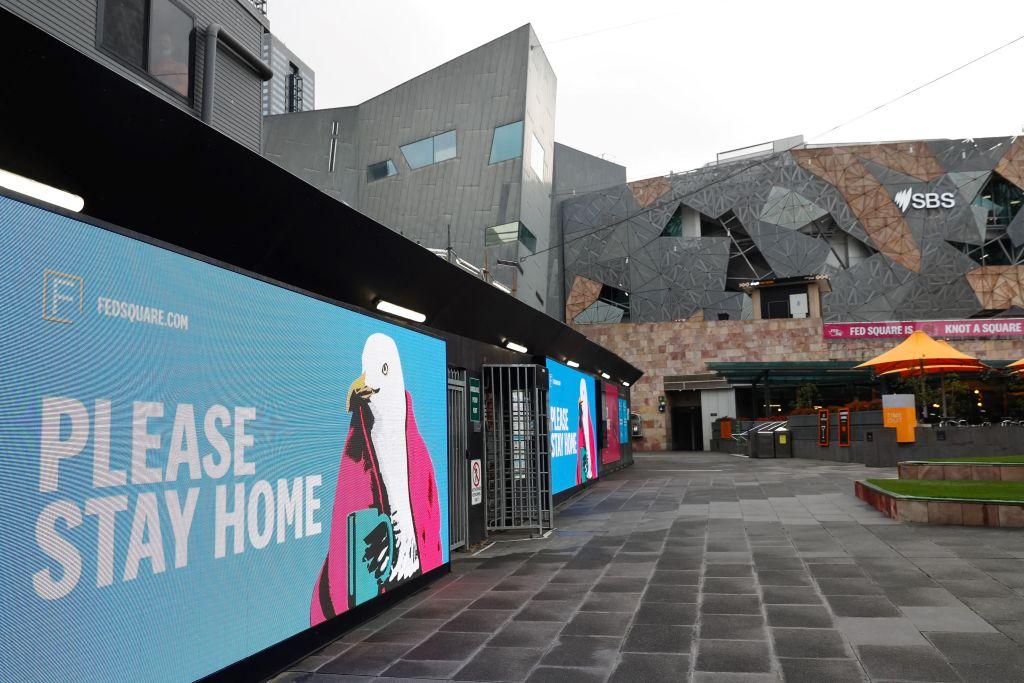The state of Victoria hit a new milestone on Aug. 19, with its residents spending 200 days under lockdown since the beginning of the pandemic in 2020.
The lockdown has taken a mental and commercial toll on the state.


The state of Victoria hit a new milestone on Aug. 19, with its residents spending 200 days under lockdown since the beginning of the pandemic in 2020.
The lockdown has taken a mental and commercial toll on the state.